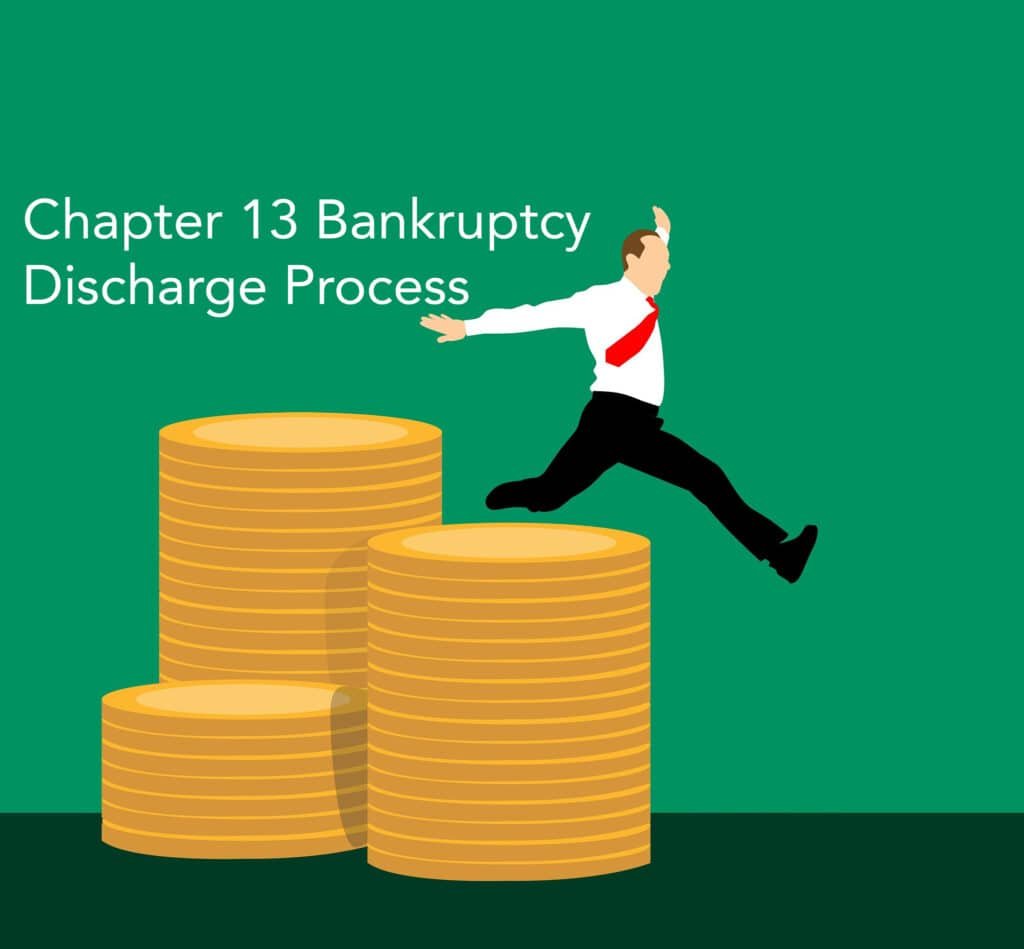Overview Of The Chapter 13 Bankruptcy Discharge
Many different types of bankruptcy apply to both individuals and businesses. Bankruptcies, once they reach their completion, then go through the discharge process. One of the most common is a chapter 13 bankruptcy discharge.
This involves a court order that is issued at the end of the proceedings. This can relieve the debtor in question of their financial obligations to repay the debts that the court has discharged. This ruling of the court prevents the creditors from pursuing the debtor any further to collect on the owed debts. Here is an overview of the process involved with a chapter 13 bankruptcy discharge.

What Is A Discharge In Bankruptcy?
The basic premise behind a bankruptcy discharge is that the debt that a person or business owes has literally been wiped clean. These are debts that are no longer recoverable on the part of the creditor. Many different types of debt can be discharged, including medical bills, credit card debts, personal loans, lawsuit judgments, and other obligations such as a lease that has a contract. Unsecured debts may also be part of the total number of dischargeable debts that are included in the final ruling.
How Does The Discharge Occur?
Once the bankruptcy has come to completion, creditors are immediately mailed a copy of the discharge. This same information will be provided to the US bankruptcy trustee that is responsible for handling your case. The trustee’s attorney will also receive a copy of this information. The document is an order from the court instructing that no further actions can be taken to collect upon a debt, or they may face punishment for contempt. Should any creditor still try to pursue you, a motion can be filed with the bankruptcy court to reopen the case.
LET OUR EXPERIENCE GUIDE YOU
Call to schedule your Free Bankruptcy Consultation!
How Does A Debtor Get A Discharge?
Debtors who have filed for Chapter 13 bankruptcy are allowed to receive this discharge pending that domestic support obligations have been paid. They have not received any other discharge in a previously filed case. They may also be granted a discharge if it is a hardship discharge, or they may receive a court-approved repayment plan. In each case, the evidence must be shown that the person filing for the discharge is incapable of repaying their deaths.
Chapter 13 VS. Chapter 7 Discharge
There are several distinct differences between chapter 13 and chapter 7 discharges. A chapter 13 bankruptcy involves eliminating debt, yet at the same time, the person filing for bankruptcy can make payments to keep your physical property. This is typically done over a 3 to 5 year period with a designated repayment plan. A chapter 7 bankruptcy involves liquidation, which allows all of your debt to be eliminated by the end of the proceedings.
Can The Discharge Be Revoked?
In certain circumstances, a chapter 13 bankruptcy discharge may be revoked under certain conditions. For example, if it is shown to the court that you obtained this discharge due to fraud, or if that fraud wasn’t disclosed until after the bankruptcy proceedings, it is possible that it may be revoked.
This overview of chapter 13 bankruptcy discharges should help you understand who can file for this type of bankruptcy and what is entailed in receiving the discharge. It has also presented the possibility that a bankruptcy discharge can be revoked if fraud is involved. This is a procedure that involves working with lawyers that specialize in bankruptcy law. If this is something that you may need to do, you can always find attorneys who will help you complete this process.
LET OUR EXPERIENCE GUIDE YOU
Call to schedule your Free Bankruptcy Consultation!
